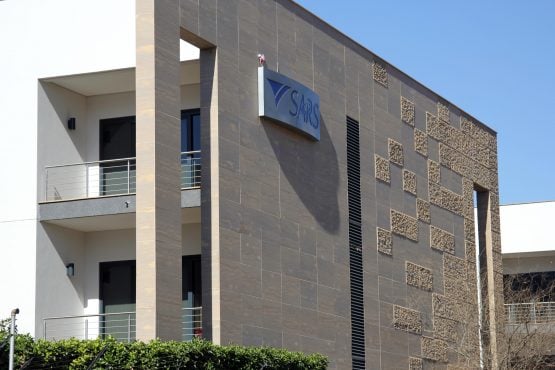Different types of cryptocurrencies can be exchanged in an attempt to evade taxes.

Cryptocurrency traders can expect a tightening tax net in the near future.
Cryptocurrencies such as bitcoin were designed to allow anonymous, peer-to-peer transactions anywhere in the world, and that opens up plenty opportunities to avoid tax, but there are still ways that the South African Revenue Service (Sars) can track the gains made by cryptocurrency traders, says Wiehann Olivier, partner at the Audit Division of Mazars South Africa.
Sars is paying close attention to crypto activity in SA, given its widespread adoption.
Over the last five years, South Africa has emerged as one of the world’s most notable cryptocurrency adopters; an estimated 13% of its internet users either own or use cryptocurrencies.
Investors can store their cryptocurrencies in paper or hardware wallets instead of relying on a custodian such as an exchange to safeguard their assets.
This makes it impossible to confiscate these cryptocurrencies and extremely difficult to track their movements.
Smoke and mirrors
“There is also the option to rely on a series of smoke and mirrors. Different types of cryptocurrencies can be exchanged for one another and passed through a series of wallets and public key addresses to attempt to confuse the trading activities and to evade taxes,” says Olivier.
He notes that Sars currently relies on the honesty of South African taxpayers to include their realised gains on cryptocurrencies as part of their taxable income.
“Sars has not yet released any specific legislation around the taxation of cryptocurrencies, besides that taxpayers need to include any realised gains from the trading of crypto currencies in their taxable income.
“However, we believe Sars will publish new regulations in the coming years to have a more specific focus on these digital assets,” says Olivier.
One of these interventions may include introducing regulations that require all South African cryptocurrency exchanges to share information with Sars, making it more difficult to avoid taxes.
With that said, it will require Sars to gear itself to ensure that it can collect on what it is owed.”
Taxation agreements
There is also the possibility that offshore cryptocurrency exchanges and banks might adhere to the same agreements already in place between Sars and foreign institutional investors, which share individuals and companies’ trading and asset holding data with revenue services from various countries.
This would again make it more difficult to avoid paying tax by moving assets out of SA.
Olivier says businesses should prepare for tighter regulation of their digital assets.
“Trading companies should consider acquiring the services of firms that can supply confirmation and reporting around their clients’ digital currency audits, well before new regulations are introduced.”
With the introduction of stricter tax legislation a virtual certainty within the next few years, Olivier adds that preparing for these interventions well ahead of time may be beneficial for cryptocurrency exchanges, traders and investors.
“The regulation of digital assets in South Africa could even bring exciting business opportunities for many entrepreneurs and business,” he adds.
This article first appeared on Moneyweb and was republished with permission.
Support Local Journalism
Add The Citizen as a Preferred Source on Google and follow us on Google News to see more of our trusted reporting in Google News and Top Stories.






